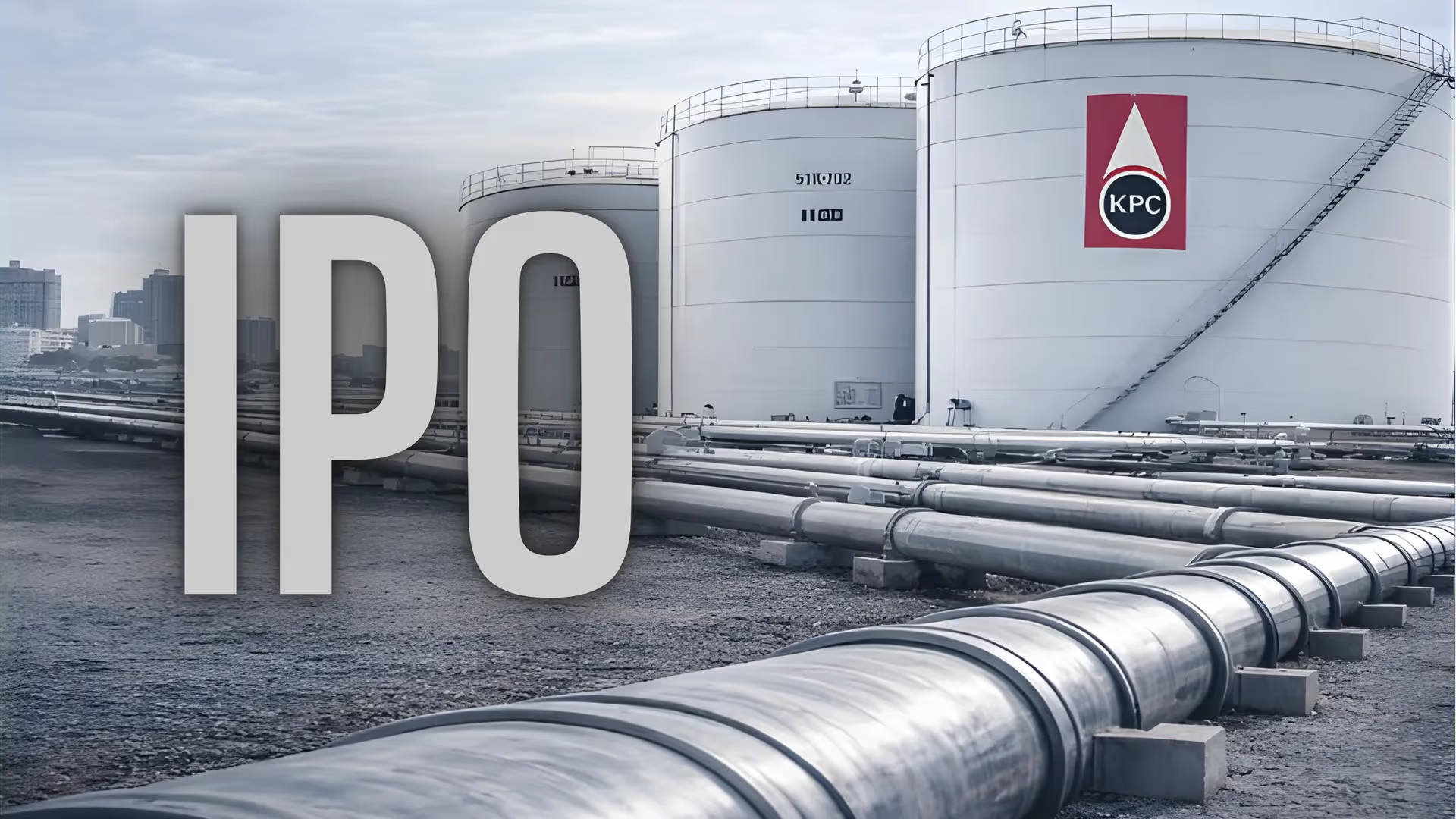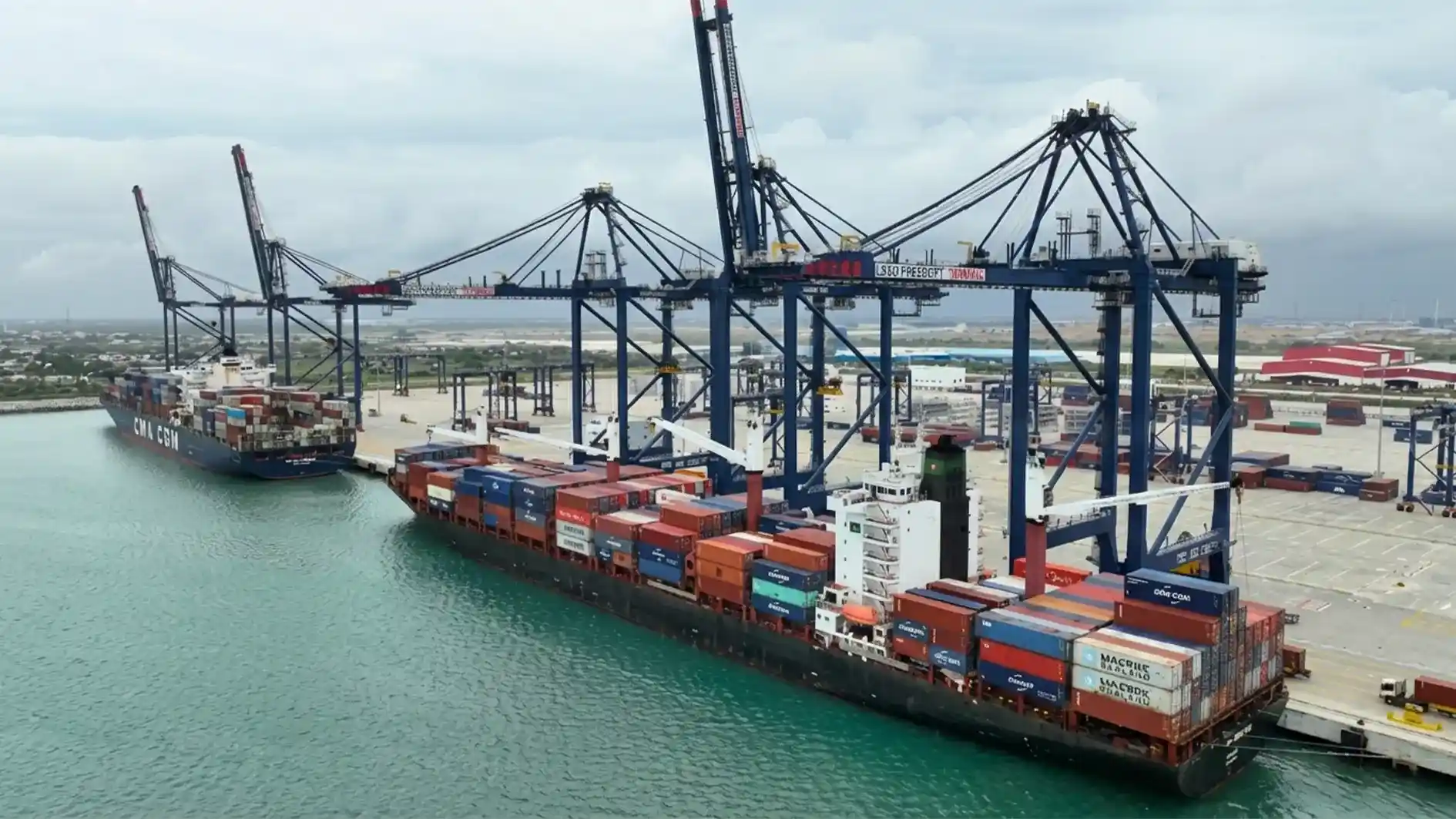In a historic move aimed at addressing Africa’s developmental challenges, over 100 chief executive officers (CEOs) from around the globe, world leaders, philanthropists, and artists have signed the Abidjan Accord, calling on G20 governments to raise $120 billion for urgent investment in Africa. The accord, signed at the Economic Development Assembly (EDA) in Abidjan, Côte d’Ivoire, is seen as a critical step in advancing Africa’s future by addressing funding gaps, especially through the World Bank’s International Development Association (IDA).
The funds sought will serve as a replenishment for IDA’s 21st funding round, supporting development in low-income countries, many of which are located in Sub-Saharan Africa. This replenishment will allow Africa to tackle key issues such as healthcare, infrastructure, education, and energy access, which are vital for long-term growth and poverty alleviation.
Urgency of the Abidjan Accord and IDA Replenishment
IDA, the World Bank’s primary tool for assisting low-income nations, has been instrumental in lifting millions of people out of poverty, supporting key projects that improve the quality of life across the African continent. The $120 billion target is aimed at continuing this work and expanding its reach. During the 21st IDA replenishment cycle, African countries are expected to benefit immensely, especially in areas such as healthcare, core infrastructure, education, and economic diversification.
Denmark has already taken the lead with a pledge to increase its financial commitment by 40% compared to the previous IDA replenishment round. This commitment underscores the urgency and importance of addressing Africa’s developmental challenges.
A Call to G20 Nations
The Abidjan Accord specifically calls on G20 countries to increase their contributions to IDA to help lift 77 developing nations, many of which are in Africa, out of poverty. The economic growth of these nations has global implications, with the potential to enhance global stability and prosperity. As noted by the former US Treasury Secretary, Lawrence Summers, who was among the signatories of the accord, Africa’s development is key to global economic health. The G20, comprising the world’s largest economies, has the ability to catalyze significant change by committing to the investment outlined in the accord.
“The future of Africa is not just an African issue but a global one. A fully funded IDA is one of the most strategic investments G20 governments can make in ensuring a stable and prosperous global economy,” Summers said.
Private Sector Involvement: Critical to Africa’s Success
While the $120 billion investment primarily calls on public funding, the private sector’s role is equally crucial. CEOs from some of the world’s largest companies, including Intel, Cisco, and others, were present at the assembly, committing to driving innovation and investment into Africa’s burgeoning tech and industrial sectors. The private sector’s involvement will be vital in accelerating Africa’s transformation, especially in emerging industries such as digital infrastructure, energy, and healthcare technologies.
Nir Bar Dea, CEO of Bridgewater, highlighted the importance of collaboration between the private sector, public institutions, and civil society to address Africa’s challenges. “The Economic Development Assembly in Abidjan highlighted the importance of collaboration across sectors to discuss some of the most difficult challenges and opportunities that Africa faces. An increase in IDA funding will play an outsized role in advancing global growth by supporting development goals, such as healthcare and infrastructure access,” Bar Dea said.
Philanthropic and Artistic Support for Africa’s Development
The Abidjan Accord has garnered support not only from political and business leaders but also from philanthropists and artists who recognize the cultural and social dimensions of Africa’s development. Dr. Phumzile Mlambo-Ngcuka, former Deputy President of South Africa and Executive Director of UN Women, was one of the leading figures advocating for the accord. “Today, I join with 70 other leaders, organizations, and individuals by adding my name to the Abidjan Accord, an urgent call to G20 nations to step up and invest in Africa’s future,” she said.
In addition, artists such as Femi Kuti, Stonebwoy, and Berla Mundi, among others, lent their voices to the cause. These artists are using their platforms to raise awareness about the importance of investing in Africa and addressing key social challenges such as poverty, education, and healthcare.
IDA’s Potential Impact on Africa
IDA’s work in Africa has already shown promising results. Since its establishment, IDA has financed projects that have helped reduce poverty and increase access to critical services such as clean water, education, and healthcare. As the IDA moves into its 21st replenishment cycle, the increased funding will allow African countries to take significant strides towards achieving sustainable development goals (SDGs).
Among the projects supported by IDA are infrastructure developments, such as roads and bridges, which have opened up remote areas to economic activity. Healthcare initiatives funded by IDA have also helped to improve maternal and child health, reduce the incidence of malaria, and address the impacts of HIV/AIDS.
Focus on Vaccine Distribution
One of the critical issues discussed at the assembly was the continued importance of vaccine access in Africa. The partnership between Gavi, the Vaccine Alliance, and various African governments has been instrumental in improving healthcare on the continent. During the assembly, it was announced that African countries have crossed the $100 million mark in co-financing paid to Gavi for the second year in a row. This achievement underscores Africa’s commitment to improving healthcare access.
Côte d’Ivoire, the host country for the EDA, paid $9.9 million in co-financing to Gavi for 2024, a significant contribution towards the fight against preventable diseases. In addition, Zipline, a drone delivery service company, announced it would extend its partnership with Gavi by $500,000 to expand vaccine delivery to remote and rural areas in Côte d’Ivoire. This partnership has already proven successful, with Zipline delivering millions of doses of vaccines, blood, and other medical supplies across the continent.
Supporting Long-Term Development: Infrastructure, Education, and Energy Access
IDA’s investment in Africa is also expected to focus on long-term development goals, particularly in infrastructure, education, and energy access. These areas are critical to unlocking Africa’s economic potential.
Infrastructure investment will improve transportation networks, making it easier for businesses to operate and for people to access services. Energy access, particularly renewable energy projects, will help address Africa’s power shortages and support economic growth.
Education is another key area of focus. IDA’s funding will support efforts to improve literacy rates, provide vocational training, and build schools in underserved areas. By investing in education, Africa will be able to cultivate the next generation of leaders, entrepreneurs, and innovators who will drive the continent’s growth.
The Way Forward
The Abidjan Accord is a testament to the growing recognition of Africa’s potential on the global stage. With the commitment of $120 billion, Africa can begin to address some of its most pressing challenges and unlock opportunities for its people. However, this is just the beginning. As Hugh Evans, co-founder and CEO of Global Citizen, pointed out, many developing nations in Africa are still burdened by high-interest loans, which limit their ability to invest in critical services like healthcare, education, and infrastructure.
“Fully funded, IDA has the potential to improve living conditions for almost two billion people. It’s one of the most strategic investments G20 governments can make in the global economy of the future,” Evans said.
With continued support from both the public and private sectors, and the collaboration of civil society and philanthropic organizations, Africa’s future looks bright. The Abidjan Accord is a pivotal moment in the continent’s development journey, offering a path towards greater prosperity and stability for all.
Photo source: Google
By: Montel Kamau
Serrari Financial Analyst
11th October, 2024
Article, Financial and News Disclaimer
The Value of a Financial Advisor
While this article offers valuable insights, it is essential to recognize that personal finance can be highly complex and unique to each individual. A financial advisor provides professional expertise and personalized guidance to help you make well-informed decisions tailored to your specific circumstances and goals.
Beyond offering knowledge, a financial advisor serves as a trusted partner to help you stay disciplined, avoid common pitfalls, and remain focused on your long-term objectives. Their perspective and experience can complement your own efforts, enhancing your financial well-being and ensuring a more confident approach to managing your finances.
Disclaimer: This article is for informational purposes only and does not constitute financial advice. Readers are encouraged to consult a licensed financial advisor to obtain guidance specific to their financial situation.
Article and News Disclaimer
The information provided on www.serrarigroup.com is for general informational purposes only. While we strive to keep the information up to date and accurate, we make no representations or warranties of any kind, express or implied, about the completeness, accuracy, reliability, suitability, or availability with respect to the website or the information, products, services, or related graphics contained on the website for any purpose. Any reliance you place on such information is therefore strictly at your own risk.
www.serrarigroup.com is not responsible for any errors or omissions, or for the results obtained from the use of this information. All information on the website is provided on an as-is basis, with no guarantee of completeness, accuracy, timeliness, or of the results obtained from the use of this information, and without warranty of any kind, express or implied, including but not limited to warranties of performance, merchantability, and fitness for a particular purpose.
In no event will www.serrarigroup.com be liable to you or anyone else for any decision made or action taken in reliance on the information provided on the website or for any consequential, special, or similar damages, even if advised of the possibility of such damages.
The articles, news, and information presented on www.serrarigroup.com reflect the opinions of the respective authors and contributors and do not necessarily represent the views of the website or its management. Any views or opinions expressed are solely those of the individual authors and do not represent the website's views or opinions as a whole.
The content on www.serrarigroup.com may include links to external websites, which are provided for convenience and informational purposes only. We have no control over the nature, content, and availability of those sites. The inclusion of any links does not necessarily imply a recommendation or endorsement of the views expressed within them.
Every effort is made to keep the website up and running smoothly. However, www.serrarigroup.com takes no responsibility for, and will not be liable for, the website being temporarily unavailable due to technical issues beyond our control.
Please note that laws, regulations, and information can change rapidly, and we advise you to conduct further research and seek professional advice when necessary.
By using www.serrarigroup.com, you agree to this disclaimer and its terms. If you do not agree with this disclaimer, please do not use the website.
www.serrarigroup.com, reserves the right to update, modify, or remove any part of this disclaimer without prior notice. It is your responsibility to review this disclaimer periodically for changes.
Serrari Group 2025
















